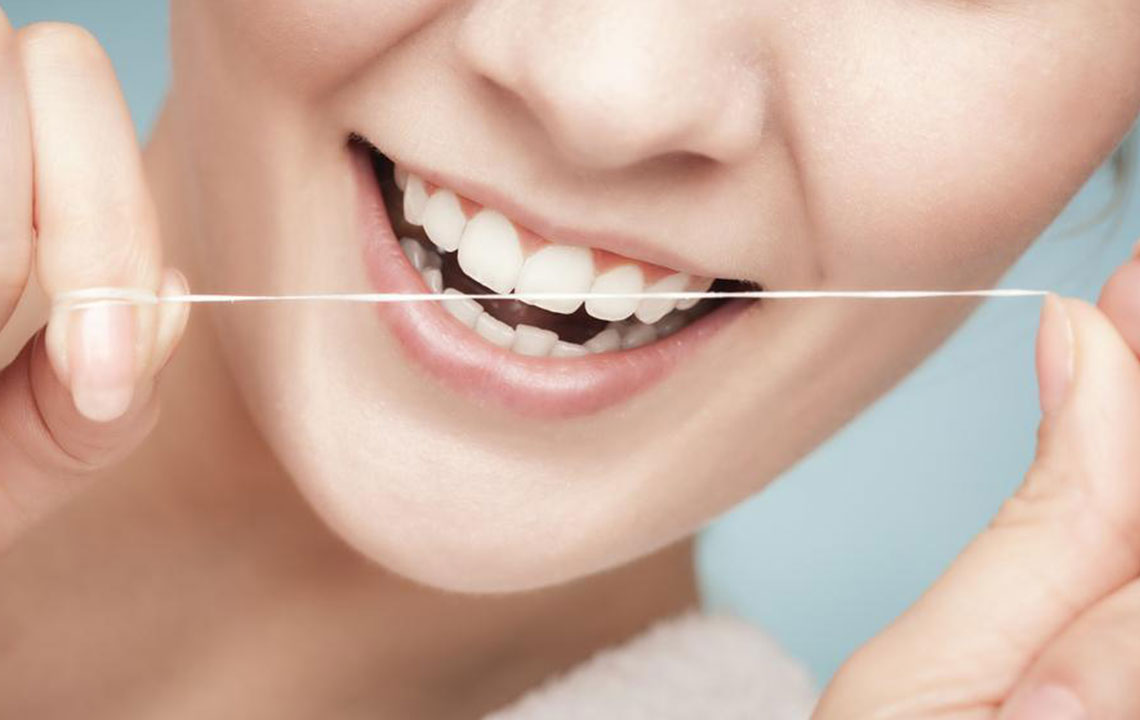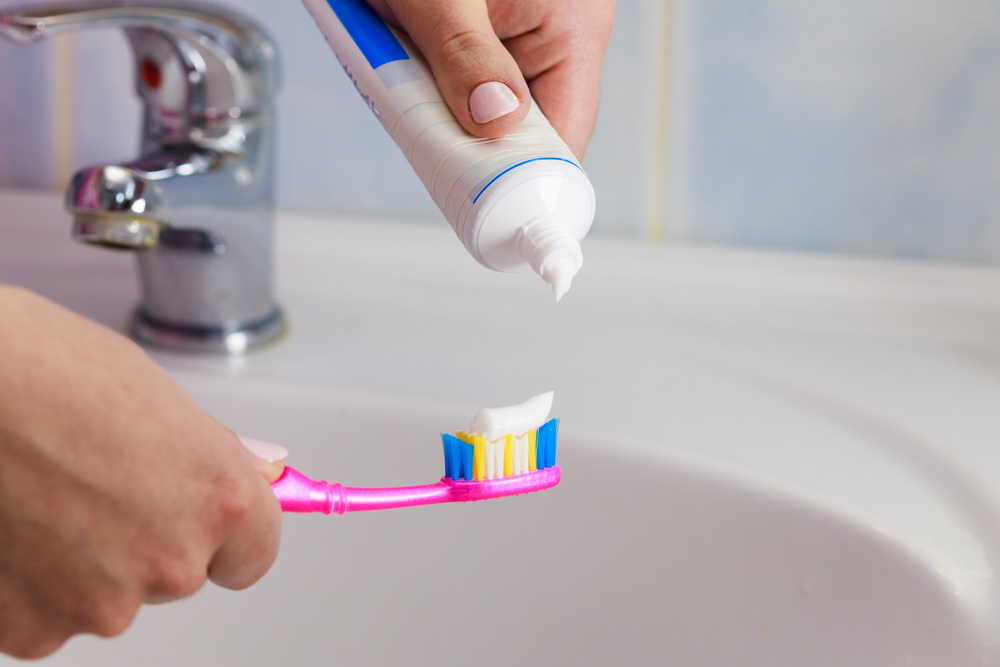Comprehensive Guide to Relieving Sensitive Teeth Discomfort and Protecting Your Smile
Learn comprehensive strategies to effectively manage and reduce sensitive teeth discomfort. This detailed guide covers causes, prevention, home remedies, and professional treatments, empowering you to maintain a healthy, pain-free smile with practical tips and expert advice.

Comprehensive Strategies to Alleviate Sensitive Teeth Discomfort and Maintain Dental Health
Dental sensitivity is a widespread dental issue affecting millions worldwide. Many individuals experience sharp, shooting pains when consuming hot, cold, acidic, or sweet foods and beverages. While occasional sensitivity can be managed with simple home remedies, persistent or severe discomfort often necessitates professional dental intervention. Understanding the root causes of tooth sensitivity and adopting effective strategies can significantly improve your oral comfort and overall dental health.
Teeth are composed of multiple layers, including enamel, dentin, and pulp. Sensitivity typically occurs when the protective enamel is worn down or exposed dentin becomes vulnerable. Dentin contains tiny tubules that lead directly to the nerve endings inside the tooth. When these tubules are exposed, stimuli such as temperature changes or sweet tastes can trigger nerve responses, resulting in acute pain or discomfort. Fortunately, by adopting targeted preventive and treatment measures, you can reduce sensitivity and enjoy a pain-free smile.
Understanding the Causes of Tooth Sensitivity
Before exploring effective relief strategies, it’s important to understand the common causes of tooth sensitivity:
Enamel Erosion: Frequent consumption of acidic foods or beverages like citrus fruits, soda, or wine can erode enamel over time, exposing dentin layers beneath.
Gum Recession: Gum disease or aggressive brushing can cause gums to recede, uncovering the tooth roots exposed to temperature changes and external stimuli.
Tooth Decay: Cavities weaken enamel and expose dentinal tubules, heightening sensitivity.
Teeth Grinding: Bruxism or teeth grinding exerts excessive pressure, contributing to enamel wear and sensitivity.
Damaged Dental Restorations: Cracked fillings or crowns can create sensitivity issues, especially during temperature shifts.
Preventive Measures to Protect Sensitive Teeth
Prevention plays a crucial role in managing and reducing tooth sensitivity. Here are some essential practices:
Maintain Optimal Oral Hygiene: Brushing twice daily with a soft-bristled toothbrush helps prevent plaque buildup and reduces the risk of tartar formation. Regular flossing removes debris from between teeth and along the gumline, preventing bacterial growth that can cause gum recession and decay.
Avoid Acidic and Sugary Foods: Limiting intake of acidic foods and beverages minimizes enamel erosion. If consumed, rinse your mouth with water afterward to neutralize acids.
Use Gentle Brushing Techniques: Brush gently using circular motions. Avoid aggressive scrubbing which can wear down enamel and irritate gums.
Limit Teeth Grinding: If you grind your teeth at night, consult your dentist about mouth guards or other protective devices.
Regular Dental Check-ups: Routine visits allow dentists to detect early signs of wear, decay, or gum issues and provide appropriate treatments to prevent sensitivity.
Effective Remedies for Sensitive Teeth
While prevention is vital, several home remedies and dental products can help alleviate existing sensitivity:
Specialized Desensitizing Toothpaste: These products contain compounds like potassium nitrate that block nerve signals or calcium compounds that occlude exposed dentinal tubules, offering temporary relief from discomfort. Consistent use over several weeks extends benefits.
Fluoride Treatments: Fluoride strengthens enamel and reduces permeability. Your dentist can apply fluoride varnishes or gels during check-ups for added protection.
Salt and Baking Soda Rinses: Rinsing with a saltwater solution or brushing with baking soda can neutralize acids, reduce bacteria, and desensitize teeth naturally.
Oil Pulling: Swishing with coconut oil or sesame oil may reduce bacterial presence and promote oral health, indirectly decreasing sensitivity.
Natural Remedies: Clove oil possesses numbing properties and can temporarily soothe sensitive areas when applied carefully with a cotton swab.
When to Seek Professional Dental Care
Persistent or severe sensitivity warrants a consultation with your dentist. Signs that require professional attention include:
Intense, lingering pain not relieved by home remedies
Sudden increase in sensitivity or discomfort when biting or chewing
Visible cracks, chips, or damaged restorations
Presence of decay or signs of gum disease
Receding gums that expose more of the tooth roots
Dental treatments tailored to the cause of sensitivity can provide long-term relief. Common procedures include applying dental sealants, bonding exposed dentin areas, or performing gum grafts in cases of gum recession. In some cases, root canal therapy may be necessary if the pulp becomes inflamed or infected.
Final Tips for Maintaining Sensitive Teeth
Protecting sensitive teeth requires ongoing effort. Incorporate these habits into your routine for lasting results:
Use a toothpaste formulated for sensitive teeth and look for products with fluoride
Avoid overuse of whitening products, which can exacerbate sensitivity
Visit your dentist regularly for check-ups and cleanings
Address any underlying issues like gum disease or decay promptly
Limit consumption of acidic and sugary foods or beverages
By combining diligent oral hygiene practices, dietary awareness, and professional dental care, you can effectively manage tooth sensitivity. No longer do sensitive teeth have to interfere with your enjoyment of hot, cold, or sweet foods. Take proactive steps today to safeguard your dental health and smile confidently every day.





